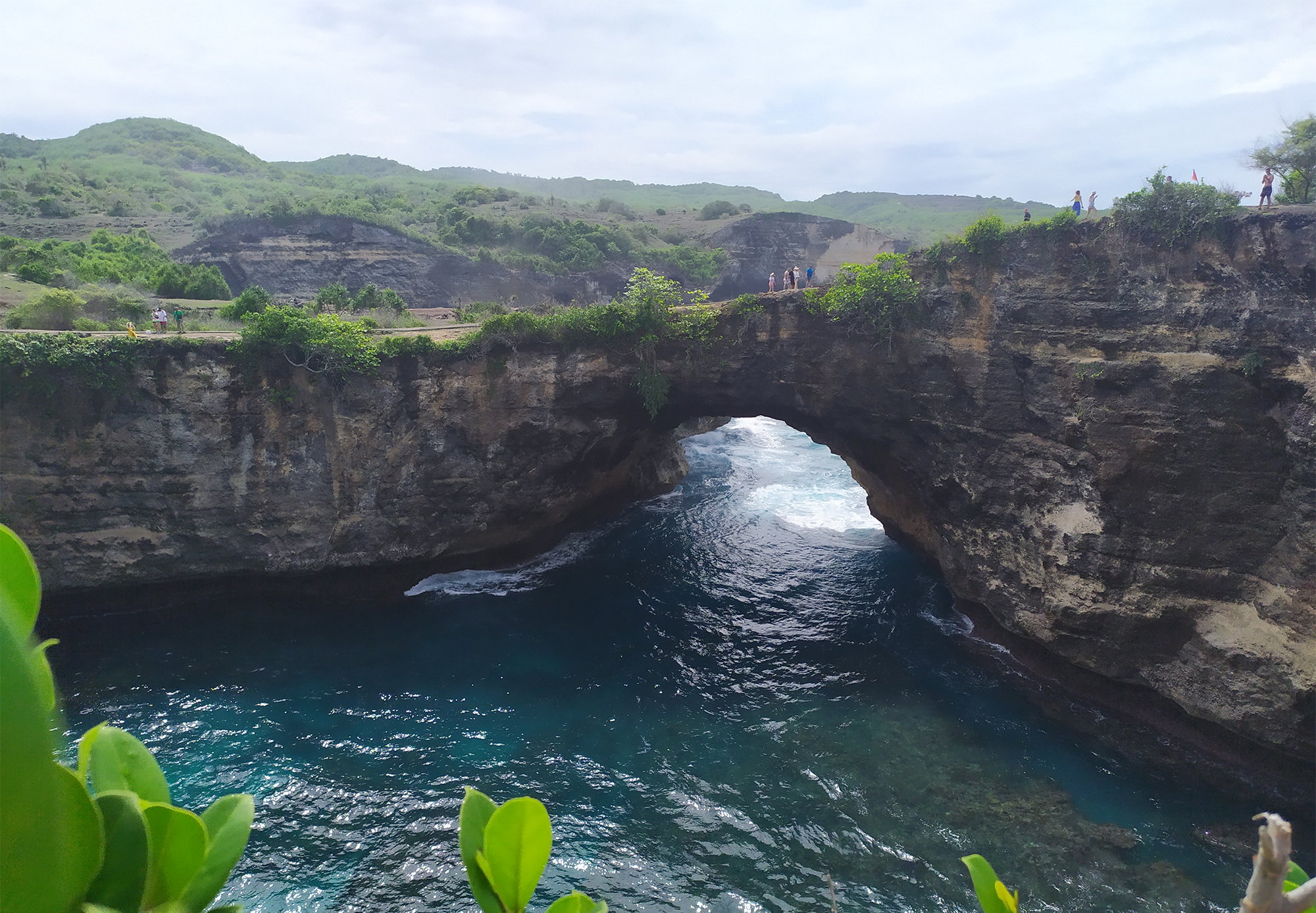Bali: Island of a Thousand Temples
Spectacular Waterfalls, Golden Sandy Beaches, and Wide Rice Terraces
Written by Cami Ismanova.
Bali Island is located in the heart of the Indonesian archipelago, surrounded by the warm Indian Ocean to the south and the turquoise Bali Sea to the north. It consists of several small towns and beach resort areas around the island. It looks small on a map, but it is gigantic in reality.
There are many touristic places to stay at, like Kuta and Ubud. Although they are a bit too crowded, they are better connected to the must-visit landmarks of Bali. On the other hand, if you prefer to spend your vacation by staying somewhere quieter, Sanur would be a suitable option.
When it comes to transportation, I strongly recommend renting a scooter while visiting the island because there is frequent traffic congestion. You might need to provide your international driving license to get yourself one. While there, you will see and join thousands of people, both locals and tourists, driving scooters of their own. It is also more convenient to move from one destination to another by scooter than by car, but it is obviously not a good option for a family trip with kids.
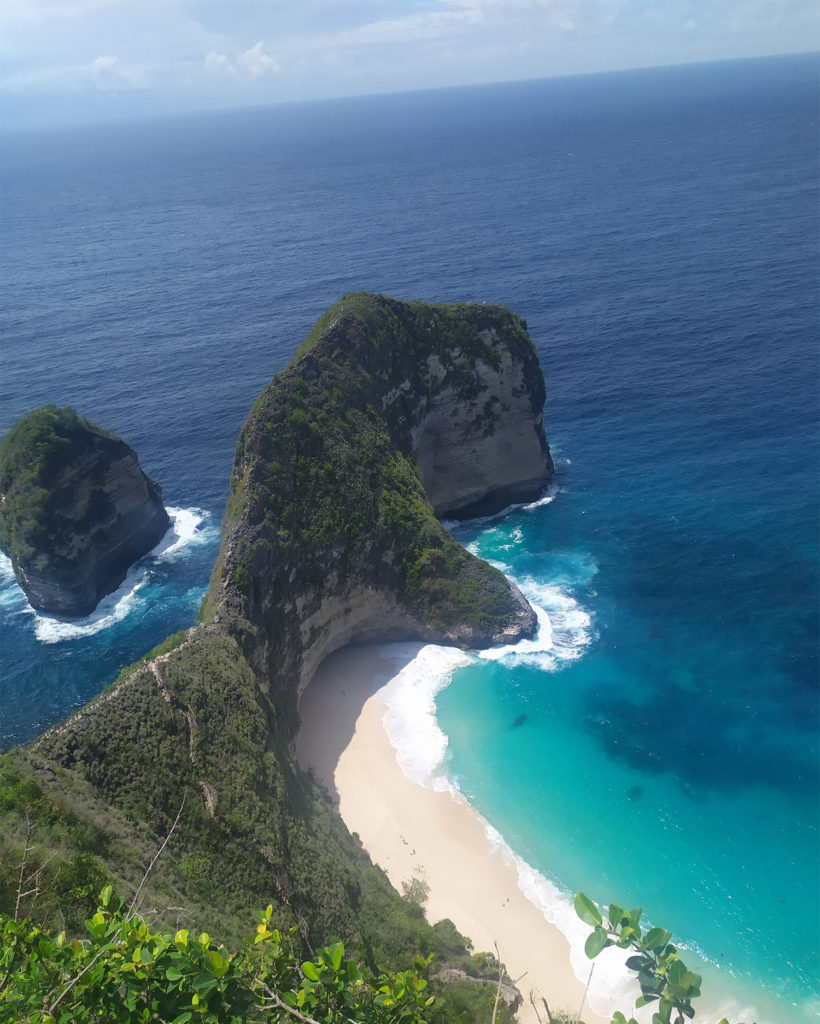
The majority of the population in Indonesia is Muslim, but the Balinese people in particular follow the Hindu religion, so you will find thousands of Hindu temples around the island. In fact, each and every Balinese family will have one either in their houses or somewhere close by. The bigger and more beautiful a temple is, the wealthier the family. Bali is full of famous temples like Uluwatu Temple, where you can watch traditional Balinese Kecak dances, which tell the story of the Hindu gods, and enjoy the sunset.
Another interesting experience is paying a visit to the “Cat Poo Chino” coffee plantation. You could say it is like a cappuccino. There are various types of coffee and tea to sample and buy. The most popular one is “kopi luwak.” “Kopi” means “coffee” and “luwak” is translated from Indonesian as “Asian palm civet,” a cat-like animal that originated on Sumatra Island. Civets are known to roam freely on plantations, as they come to select the best coffee cherries, mostly Arabica beans. Their digestive process allows them to improve the flavor of the beans through fermentation. These coffee beans are later excreted, collected by farmers, cleaned countless times, roasted, and finally ground up. Kopi luwak is a delicacy and the second most expensive coffee in the region. The prices reach up to $700 per kilogram and $80 per cup (both in USD). If you book a tour via Airbnb, you will get a tour around the plantation with an English-speaking worker on the plantation offering a detailed presentation and a tasting session of more than 30 types of tea! You can purchase the teas you like later at their shop.
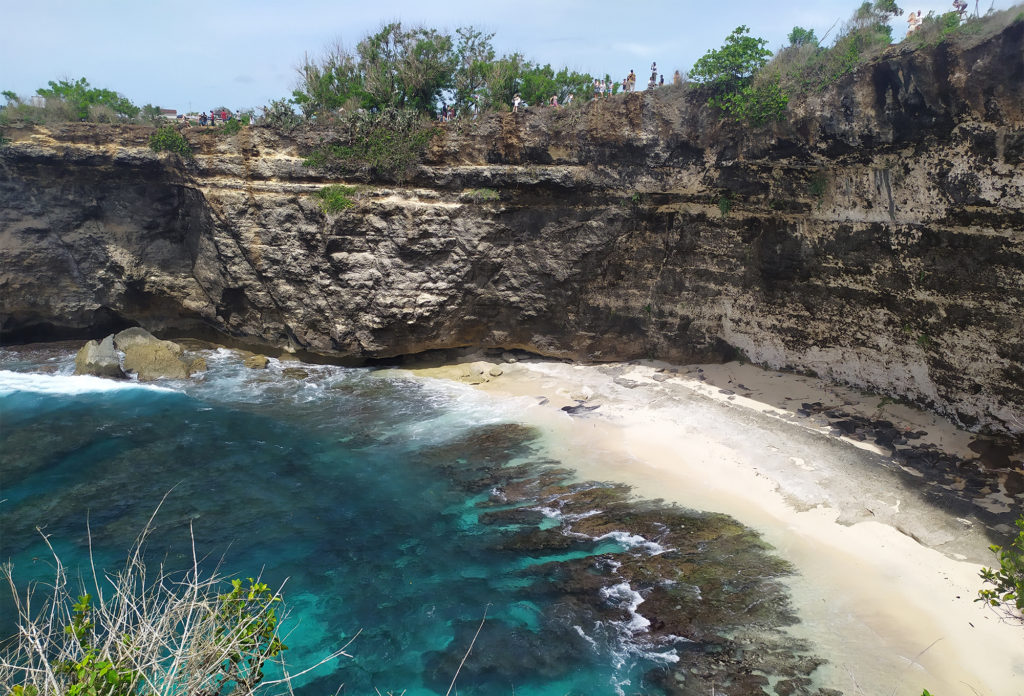
The gem of Bali is a small island called Nusa Penida. Transparent, crystal-clear waters and golden beaches will enchant your heart forever. A variety of fun water activities on offer include sunbathing, scuba diving, snorkeling, and surfing. My favorite places are the Angel’s Billabong and the Broken Beach. As a true fan of the ocean, I appreciated the most beautiful turquoise color of the water. It was like the scene at the beginning of the Disney cartoon “Moana.” I advise that you go for a locally guided tour around the hot spots. Usually, it only requires a daytrip, but even if you spend a few days there, it is definitely worth a visit!
Bali is an amazing place to spend a vacation, but it requires thorough preparation. Book your tours in advance via different platforms. There are a lot of locally guided tours in English. I found it to be the most convenient way to travel in Bali. But if you want to explore on your own, then the idea to rent a scooter would better suit your needs.
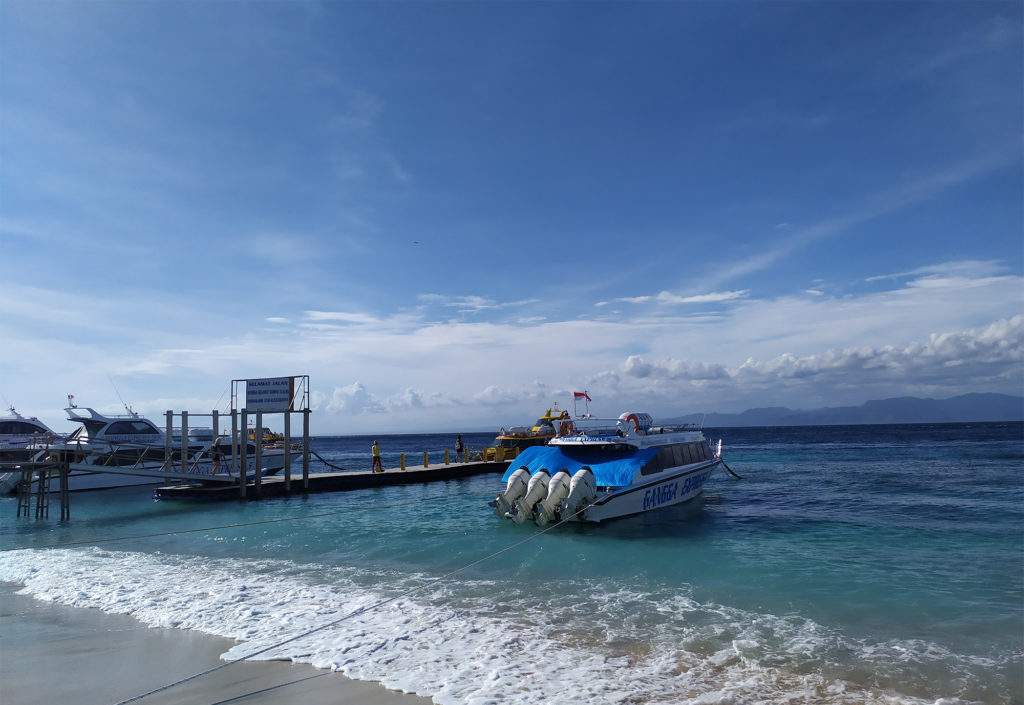
Bali is incredibly beautiful in terms of nature, services are fairly good, and prices are very affordable. You can enjoy a meal for less than $3 and the average price for a tour starts from just $15.
I hope that you can visit Bali once the world has succeeded in dealing with the ongoing pandemic and that you are able to do it in an eco-friendly manner. Stay safe and healthy, Gwangju!
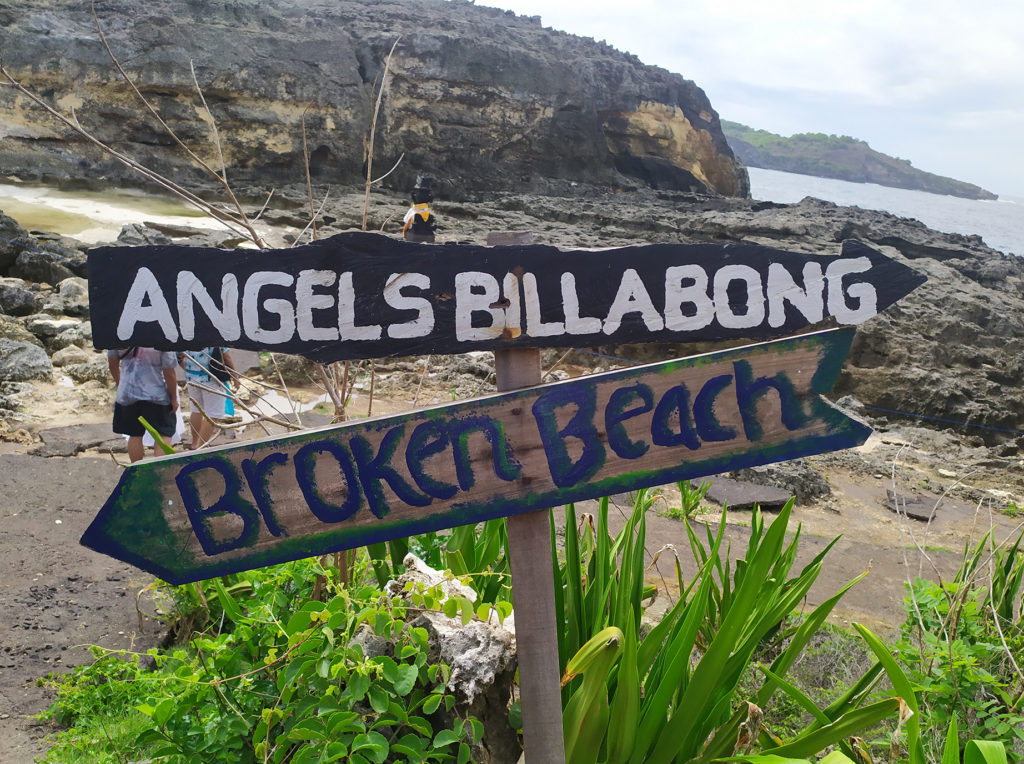
THE AUTHOR
Cami Ismanova is a student at Chonnam National University majoring in economics. She enjoys listening to jazz, reading popular science, writing, and traveling around. She is a devoted lover of ocean waves and cheese tteokbokki. Instagram: @camidisman.





